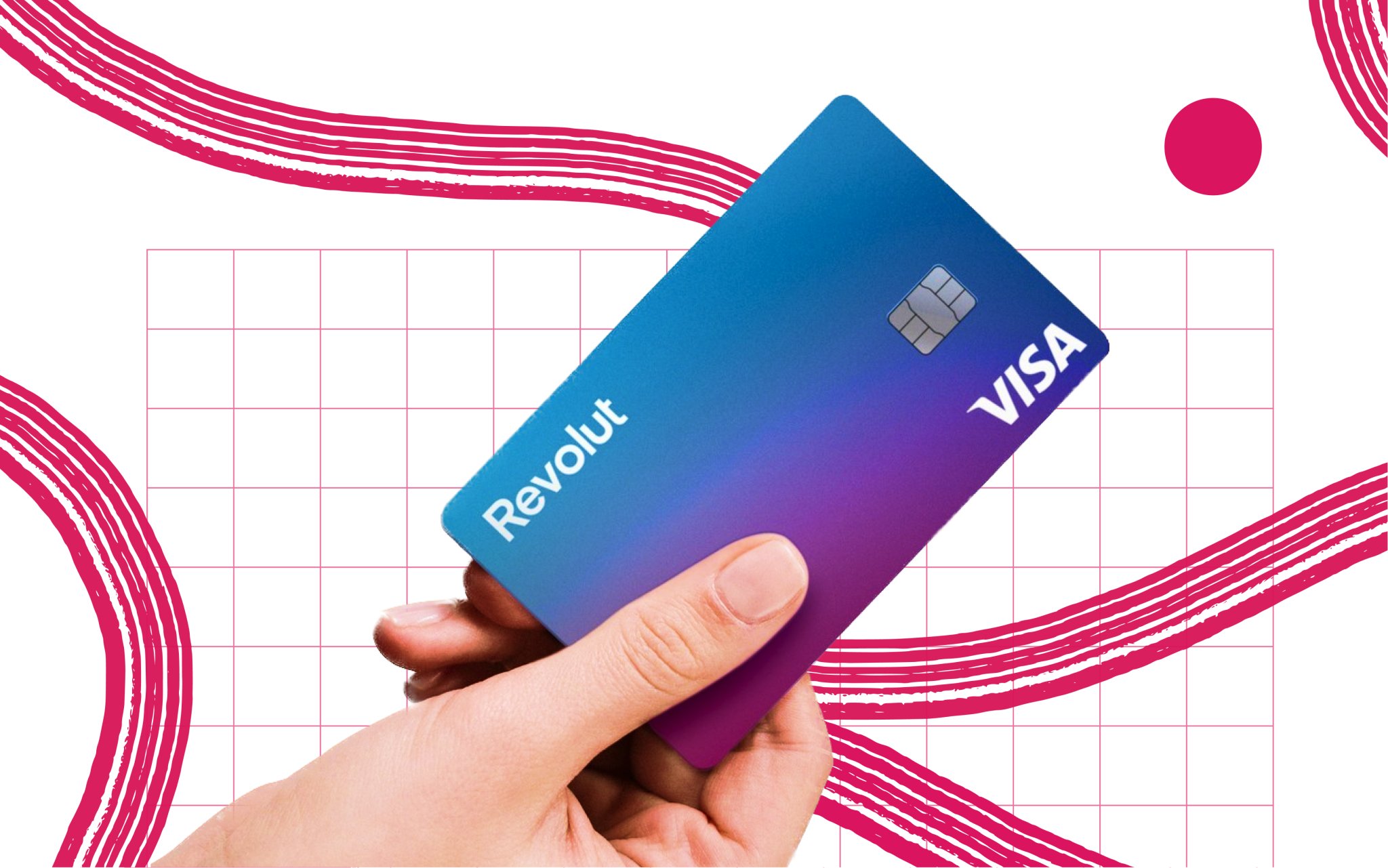Profitability is extremely hard to come by in startupland, but Revolut CEO and cofounder Nik Storonsky says his fintech has achieved it, six years after launching.
“We’re cash-generating,” he told Sifted in an interview on Wednesday at Web Summit in Lisbon. “We are profitable now, and we were profitable last year too.”
For now, we have to take him by his word; after filing for two extensions, Revolut will not release its 2021 financial statements until December.
Only three of Europe’s most valuable companies have managed to reach this milestone. It’s even rarer among the neobanking tribe — so far, only UK rival Starling Bank has posted an annual profit. When Revolut last published its accounts, for 2020, its losses had doubled to £207m, which the fintech attributed to investing in new parts of the business.
We don’t really need to raise
Storonsky’s comments come as fintechs across Europe are making cuts and refocusing on profitability over growth as fresh funding gets harder to come by. But Storonsky decried reports of how Revolut only has enough funding to last two years and said the fintech “[doesn’t] really need to raise”.
The only situation in which the bank would raise again would be “for banking capital [the asset tranche of a bank’s capital that comprises cash, interest-earning loans and government securities] to expand into certain markets,” he said, pointing to India, Brazil and Mexico as countries that would require fresh capital.
“If for some reason we decide to start expanding even faster and apply for more banking licences in more countries, then we will need to raise more capital than we have now.”
Revolut has been in India since April 2021 and announced its expansion into Mexico and Brazil in September. It has yet to launch in the latter two or obtain local banking licences.
Revenue streams
A key roadblock standing in the way of Revolut’s growth ahead is the fact it’s still not obtained a banking licence in its home market, the UK. The licence — and the trustworthy perception of the neobank it would give consumers — could accelerate its landgrab of UK primary accounts, holding people’s salaries. Storonsky certainly seems wearied by the question by now but says the neobank is as close as it’s ever been to finally obtaining the licence — and it could happen by the end of 2022.
“I would love to have it as a Christmas present,” he says. “A present for me personally and for the business.”
In the meantime, the bank is also exploring new revenue streams. Revolut launched a new in-app chat feature on Wednesday that allows users to message their friends — in a move reminiscent of Asia’s social finance superapps. And in September, it muscled in on the booming buy now, pay later sector, launching a "Pay Later" feature that’s initially only available in Ireland.
Storonsky said that this was a response to the increased demand for credit products as the cost of living goes up — and it’s proving popular.
“We’ve never marketed the feature but we’re already counting 600-1000 Pay Later transactions a day in Ireland,” he told Sifted.
Storonsky said that the company was constantly re-evaluating its spending and costs in the current market downturn to focus on cash generation. But the bank is still hiring aggressively. He told Sifted that Revolut had doubled its headcount in 2022 to 5,000 full-time employees, and it's been hiring 300 people a month. It's also added a few thousand people in additional support roles like customer support.
Cash ain’t cheap right now — so what about an IPO?
Storonsky said that going public in the next two to three years is something he’d consider if the public markets recover. But it’s not the top priority.
“Hopefully an IPO will happen, but it’s not really the goal. It’s maybe a solution to some problems — to make stocks more liquid or enable financing at a cheaper rate” Storonsky said.
"As an entrepreneur, I’m always looking for opportunities and if for some reason I think the IPO price is attractive compared to our cash needs and capital offerings, then maybe.
“Money isn’t cheap. So if money isn’t cheap, what do you do as an entrepreneur? You continue increasing your revenue to generate cash from your company rather than outside.”



